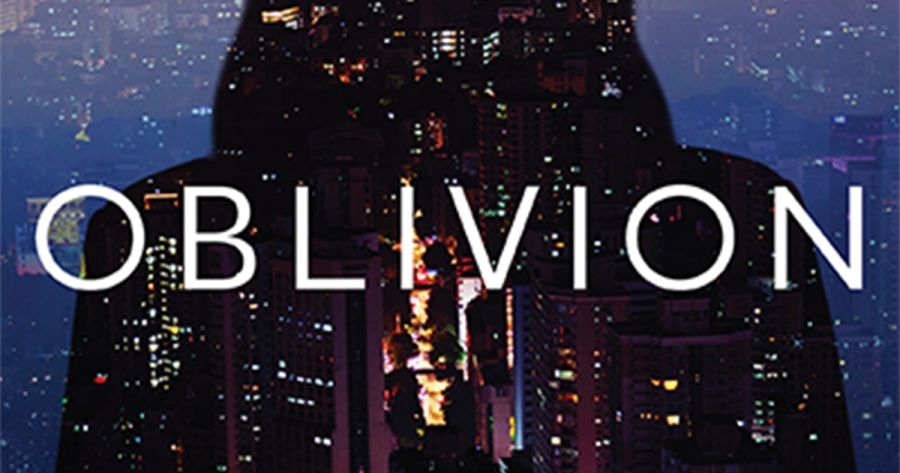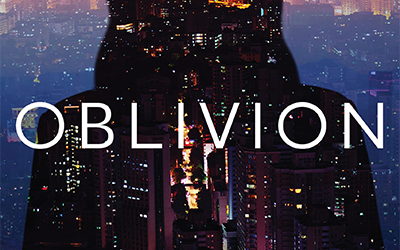
- Free Article: No
- Contents Category: Fiction
- Review Article: Yes
- Article Title: Techbros and cynics
- Article Subtitle: A portrait of our new world
- Online Only: No
- Custom Highlight Text:
He wakes in a city, briefly unsure which one. Already adrift. They have all begun to look alike, possessing the same anonymous modern functionality. Characterless, sleek. Architectural Esperanto, he calls it, ‘anonymous, with nothing to exclaim but their speed of construction and size’. His day is business: Asian multinationals, large sums of money. A curious vagueness to proceedings – the bigger the sums, the more abstract the work. He is little more than an intermediary. Home is an interchangeable hotel room on a high floor, but there’s always some trust-fund entrepreneur or high-powered businessman to remind him of his place. Night is drinking, piano bars, women of the night. Time itself is a kind of fluid construct, landing nowhere in particular. (‘No tense. Like the airports, what was is and will be.’) Only one place of possible return matters to him, and one courtesan there. Saigon. Tien. He is nameless and will remain so beyond the novel’s final page.
- Featured Image (400px * 250px):

- Alt Tag (Featured Image): Adam Rivett reviews 'Oblivion' by Patrick Holland
- Book 1 Title: Oblivion
- Book 1 Biblio: Transit Lounge, $32.99 hb, 246 pp
- Book 1 Cover Small (400 x 600):

- Book 1 Cover (800 x 1200):

There are the bones of a thriller here, and for a moment in the book’s middle it swerves in that genre’s direction, only to swerve back away again. The plot, once it unshackles itself from its open stretch of drunken melancholy, is simplicity itself (‘We need someone to give a passport to a man in Singapore. Then get him to the airport where a ticket will be waiting. That is all’), befitting a novel of blur and shimmer, the plotting is appropriately vague, with a tension derived not from cheap plot mechanics, but from our narrator’s fundamental confusion – not only narrative, but existential. The novel gestures towards spycraft and international intrigue, with what might in different hands flare into something approaching William Gibson – a hotel rendezvous, a dangerous mission, a mysterious assignment – instead returning to a more fundamental, and unsolvable, sorrow. What motivates our narrator is escape, by careful design – a small pocket of resistance, within an cruel system. At best he is looking to make the capitalist logic of the new world work for him alone: ‘I have my own little deal, and when it goes through I’ll lay impotent claim to the universe from a permanent luxury hotel room in Saigon.’
Holland’s prose throughout the novel is superb – lustrous, gently poetic, and only occasionally undone by the narcoticised stupor and boozy grandeur of it all. Despite these occasional missteps, the book deftly walks the line between the narrator’s indulgences and a clear-eyed view of the exploitation sitting beneath this world’s glimmering surface. This is anything but uncritical Orientalism converting dehumanising business practices and late-night sex work into a hummable love song. There is no bravado in its economics and boardrooms – a reader can taste the stale air, the permanent compromises of nearly all involved. There are paradoxes and quandaries here that Holland is smart enough to leave to a reader’s discretion.
The novel is strongest when it taps into a mood of general discontentment, relayed in fragmented poetry, but is less successful when it turns towards political critique. There is, as the novel progresses, lots of talk of ‘the West’ and lapsed morals, which feels a tad tiresome and rote, even if its inclusion is intended parodically (a key monologue is delivered by another character, with our narrator merely absorbing the information without judgement). These detours feel needlessly literal and heavy-handed, and work against the implicit critique of human dissatisfaction and global rapaciousness that permeates the book.
This is a densely allusive text, full of references to Ovid, Blake, and Basho, and there is more than a little ironic juxtaposition between the rhetoric of this mythology and the comparatively fallen shapes these modern souls cut. No work of literature (and its attendant bitter ironies) is more crucial in this context than Nguyen Du’s classic The Tale of Kieu (1820) an epic poem of beauty, sacrifice, and prostitution, and one referenced throughout Oblivion. Much as the novel splits the difference between drunken exploitation and gentler daydreams, the allusions to Kieu help the reader understand how myth slowly converts into contemporary justification, and how histories and well-written chronicles of sorrow underpin our daily tragedies, even permitting a softening of harsher realities. As the narrator admits, conflicted to the end, these are, after all, ‘pretty stories’. One can’t help but apply a veneer of love and desire to the bluntly transactional.
Oblivion isn’t just a novel of literary allusion – musical echoes play their part too. This is a book of conversations and solitary visions in exchangeable bedrooms and bars. Holland fills these rooms with both the classical and the modern: Claude Debussy and Arvo Pärt, contemporary Japanese ambient and Keith Jarrett improvisations. So much of the book’s warmth and spirit – its ghost in the machine – are tucked into these corners, these melodies implied and unheard, backgrounded but generous, the soundtrack for so much cynicism. Observing Alice Sara Ott beguile a room of listeners with a performance of the Aria from Bach’s Goldberg Variations, our narrator vouches instead for Zhu Xiao-Mei, who ‘plays these pieces better. Only she’s not as pretty.’ What does she look like, his interlocutor inquires. Like someone’s grandmother, he says: ‘The kind who won’t let you leave her house without food.’
This is a cold world of surface judgements, where the old struggles to survive and where commerce trounces art on an hourly basis. As a portrait of our new world and its broken inhabitants – its techbros, crypto-charlatans, and cynics – Oblivion sees clearly, and peerlessly.


Comments powered by CComment